Ten years later, Bergen clerk's effort to digitize records dating to 1800s is nearly done
HACKENSACK — Millions of pages of deeds and mortgage documents dating back to the 1800s will soon be available for the public to access online.
The effort to scan and digitize the documents, some 150 years old, started more than 10 years ago and is nearing the finish line.
All Bergen County land records from 1970 to the present are already available online, with the 26,000 physical books of records stored in One Bergen County Plaza in Hackensack, as part of Bergen County Clerk John Hogan's office.
"Our goal is to make land record searching for the public a much more efficient, streamlined process," Hogan said.
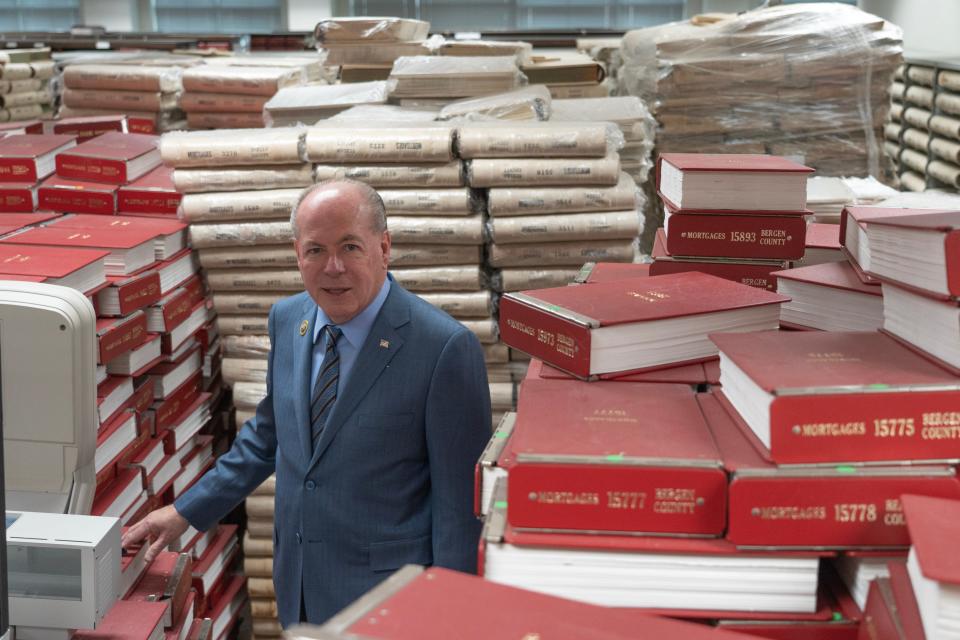
Hogan first thought of the idea early in his first term a decade ago when he visited Rockland County's clerk's office and saw everything digitalized.
"This was a massive, labor-intensive project," Hogan said "When we took this project, we were well aware of the magnitude of the task."
It took years to scan more than 26 million pages of records in-house instead of spending upward of $4 million to outsource the task. There were 9,500 deed books from 1891 to 2009 and more than 17,000 mortgage books from 1896 to 2009.
Although the bulk of the documents are from the 1890s, the county's index and deeds date as far back as 1714.
Outside companies were considered, but Hogan said he didn't like the idea of the books leaving the building, as one company required. Another company said it would bring a truck and scan the documents on site, but the cost would be 15 cents a page.
Story continues below photo gallery.
"We were able to carry out the project in a secure manner with current employees at a fraction of the cost with no overtime," Hogan said.
Along with the staff work, the land record and management online system needed to be updated to be more user-friendly, and a large, high-speed, specialized scanner needed to be purchased to help expedite the process and fit the size of the books.
"There were a lot of moving parts," Hogan said. "This was all hands on deck and a gigantic, intensive project."
The document room, dubbed "The Vault," has mazes of shelves and book stacks. In the front, staff and computers are set up where the public can search the location of specific documents, making it easier to find the hard copies.
The older books, dating to the late 1800s, took a few days to scan because they need to be handled differently. But the newer document books can be scanned in hours, said Carlos Soto, superintendent of records for the clerk's office.
Using the records is a task mostly done by real estate agents, title companies, property owners or future property owners, and sometimes construction companies.
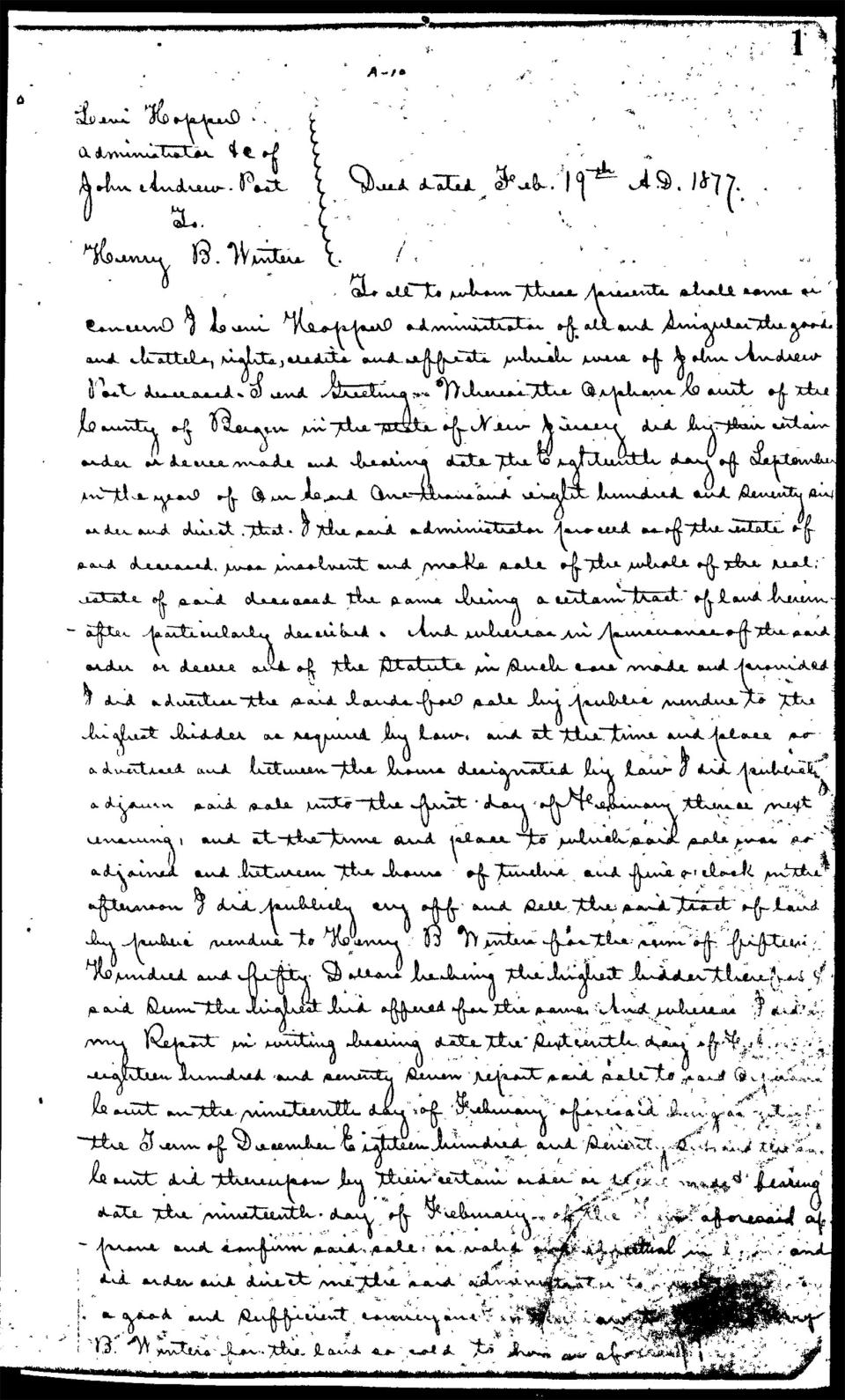
Soto said the room was once filled with 50 to 100 people at any given time before the records were available online. "There used to be a lot more hustle and bustle in this room," Soto said. "Now everybody uses the computer."
On a recent Tuesday morning, one title searcher said most of his work can be done online, but he still prefers to come in person so he can ask questions of the "helpful" staff.
Between the rows of books, there are still relics of when the room bustled with visitors. An unplugged machine once used to make change to pay for copies sits quietly and almost forgotten.
Now those who search for documents online pay with a credit card.
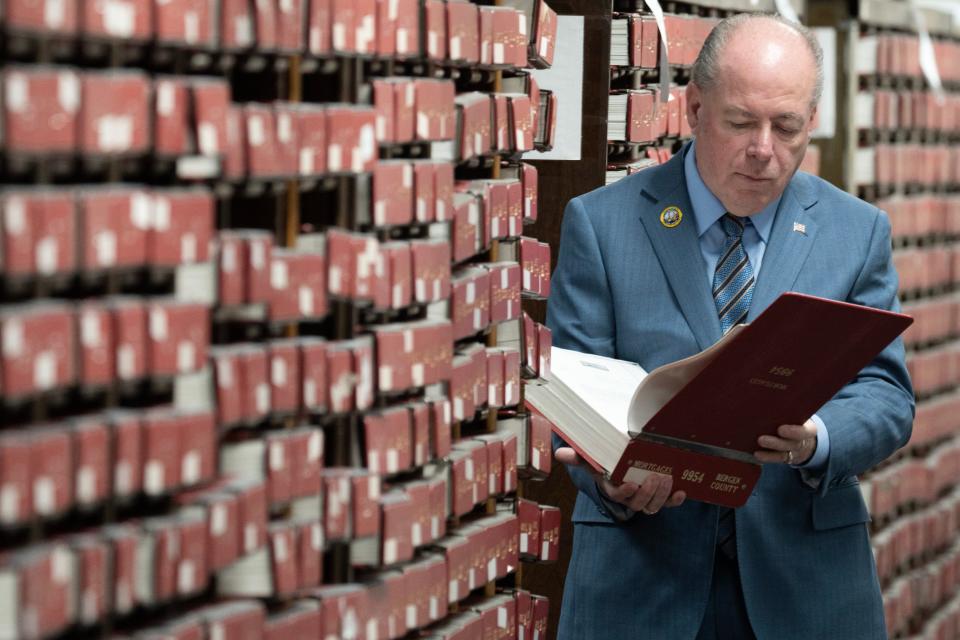
If the ease of document access makes anyone unsettled, in 2021 a property alert system was put in place, letting residents register so they know when someone searches for documents related to their address. It's a free service that can be obtained through the clerk's office.
Long delays
Besides the tedious effort and the time it took to scan all the documents, which are twice backed up and copied to microfilm, there was a redaction process that also needed to take place.
The millions of pages scanned also needed to be reviewed through a verification and redaction process to remove all personal information, such as Social Security and driver's license numbers.
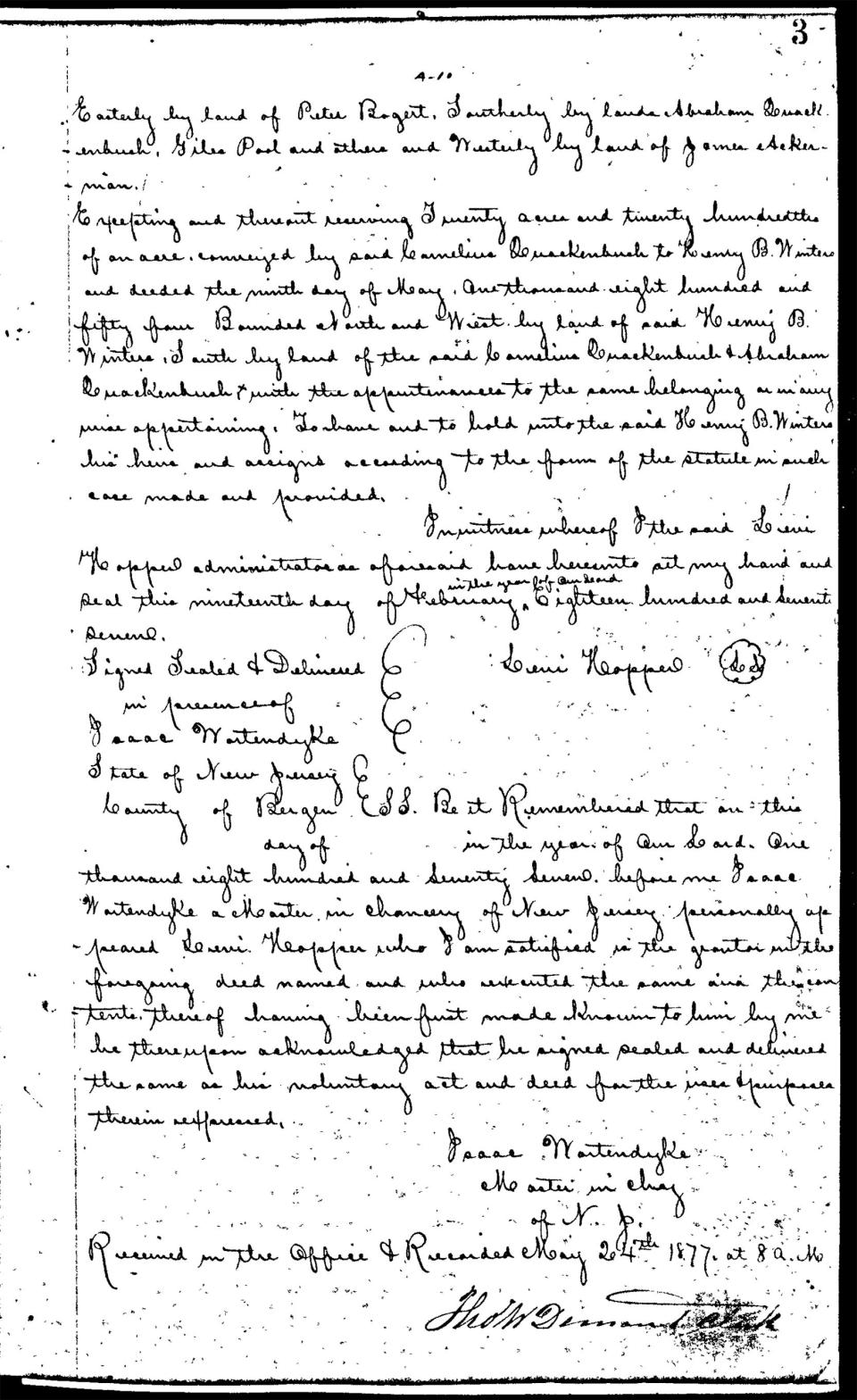
Two months ago, Hogan said his staff was nearly finished, having been slowed first by Superstorm Sandy in 2012 and then by the pandemic.
Scanning and redactions took a two-year pause during the COVID-19 shutdowns. Hogan said the document room remained open by appointment only, to help keep up with the real estate boom during that time.
"Every time we took a step forward, there was another delay and another step back," he said.
The latest delay came in the form of a new law.
In 2020, Gov. Phil Murphy signed Daniel's Law, which protects personal information, such as the home address or phone numbers, of active or retired judges, prosecutors and law enforcement officers and their immediate family members.
Hogan said his office was ready to launch the documents last month, but they have had 2,000 requests under Daniel's Law and needed to go back through and redact pages that were already in the system.
There are many documents involved when fulfilling a Daniel's Law request, like searching for the deeds and mortgages of not only the person who made the request but all their family members, Hogan said.
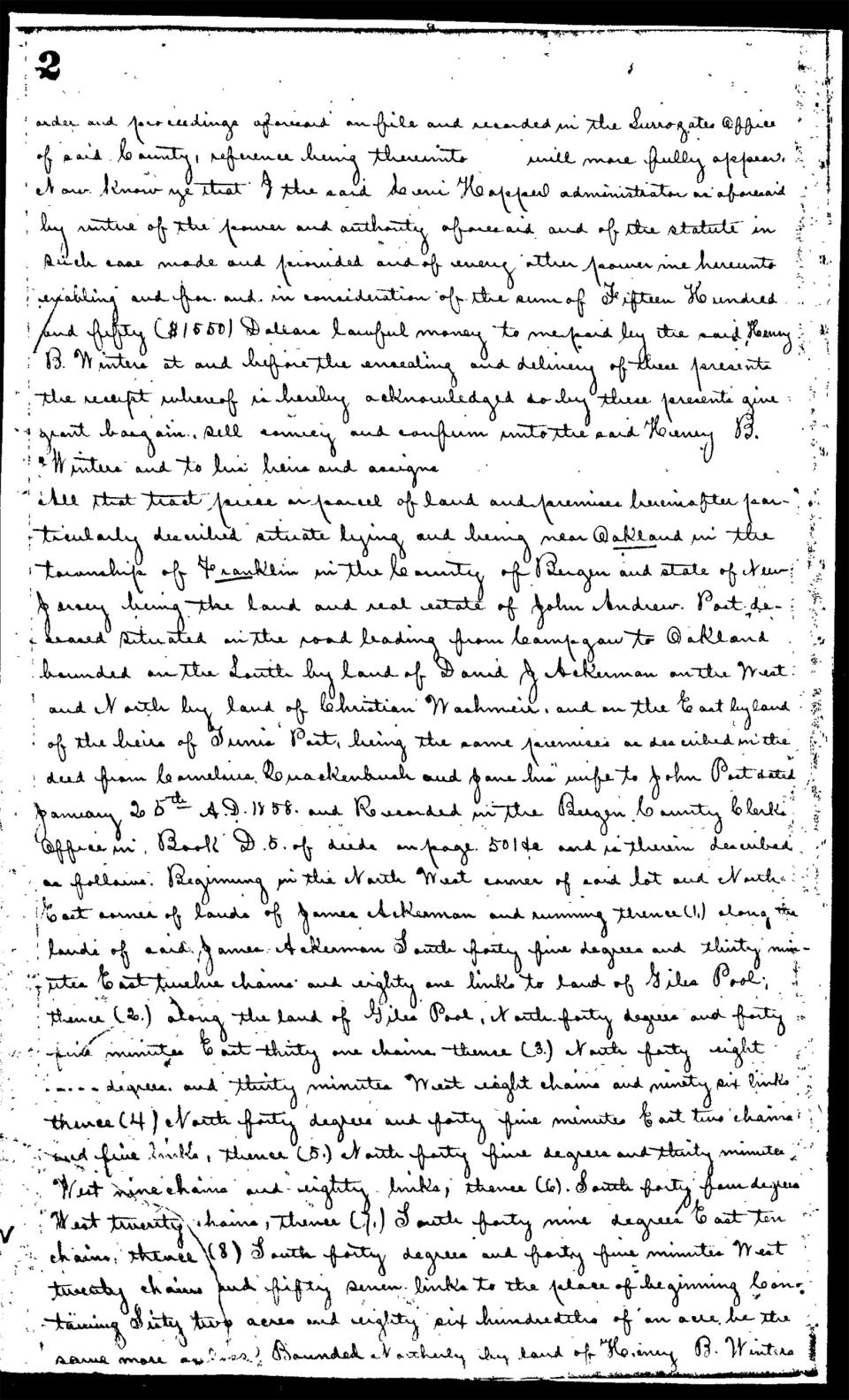
"We're at the step now of purifying the documents and making sure there is no personal data online," Hogan said.
Once that step is complete, the online portal is expected to open by summer.
Where will the books go?
The physical books must be kept by the county indefinitely, Hogan said. Now that they are scanned, they will most likely remain where they are for now, but there are more possibilities for the space in the future.
The books must be stored in temperature-controlled and fire-protected rooms. After scanning, some book shelves have already been rearranged to bring in more office space. The county historian's offices are now back in that space, and the county mailroom is using some of the space in the rear.
This article originally appeared on NorthJersey.com: Bergen clerk's effort to digitize documents from 1800s nearly done

